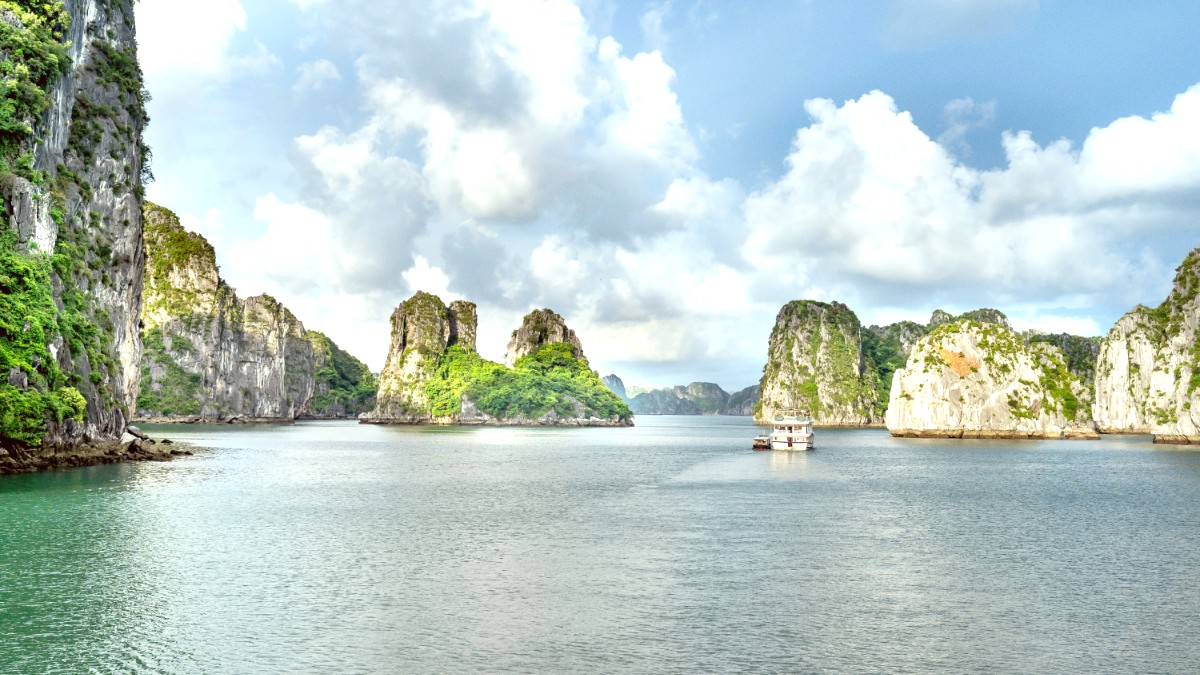
Northeast Vietnam, Vietnam
Major mobile carriers are Viettel, Mobifone, and Vinaphone. Viettel usually gives the best coverage, including rural areas.
Cruise ship Wi-Fi can be intermittent in remote bay areas. Translation apps are recommended for communication outside tourist hubs.
Vietnamese is the official language. English is spoken by staff in tourist-oriented hotels, cruise ships, and some restaurants in tourist areas.
Post offices are available in Halong City for sending postcards or packages. Services are generally reliable.
Communication options in Vietnam are plentiful, from affordable local SIMs to widespread Wi-Fi. Learning a few basic phrases makes your experience better.
Schedules vary for different types of businesses and are influenced by local and national holidays.
Generally Monday to Friday, from 7:30-11:30 AM and 1:30-4:30 PM. They are closed on weekends.
Often open from early morning (around 7-8 AM) until late evening (9-10 PM). Markets open very early.
Generally open from 7:00 AM - 5:00 PM. Cruise departure times vary but usually happen in the late morning.
Banks operate Monday to Friday, usually from 8:00 AM - 4:30 PM, with a lunch break. ATMs are widely available and often 24/7.
Tet (Lunar New Year) is the most important Vietnamese holiday, typically late January or early February. Many businesses close for days.
Knowing local business hours and holiday schedules simplifies your travel arrangements.
Practices avoid unintentional offense and foster positive interactions.
A slight bow or nod is polite. Handshakes are common. Use appropriate Vietnamese titles for respect.
Do not stick chopsticks upright in rice. Sharing dishes is common. Ask permission before photographing individuals.
Avoid touching heads. Do not point feet at people or sacred objects. Keep public displays of affection minimal.
Vietnamese society remains generally conservative. Homosexuality is not illegal, and attitudes are becoming more accepting.
Adhering to local customs and etiquette promotes positive and memorable cultural exchange.
Travelers with mobility challenges or other accessibility needs should plan carefully, as infrastructure can be limited.
Infrastructure is generally poor. Sidewalks are uneven or crowded, often used for parking or vendors.
Some newer 5-star hotels and luxury cruise ships feature accessible rooms. Inquire in advance.
Limited specialized services. Few public signs are in Braille. Interpreters are rare outside major international hospitals.
Few specific organizations in Vietnam give comprehensive accessibility information for tourists.
Thorough planning and direct communication make a smoother travel experience for all visitors.